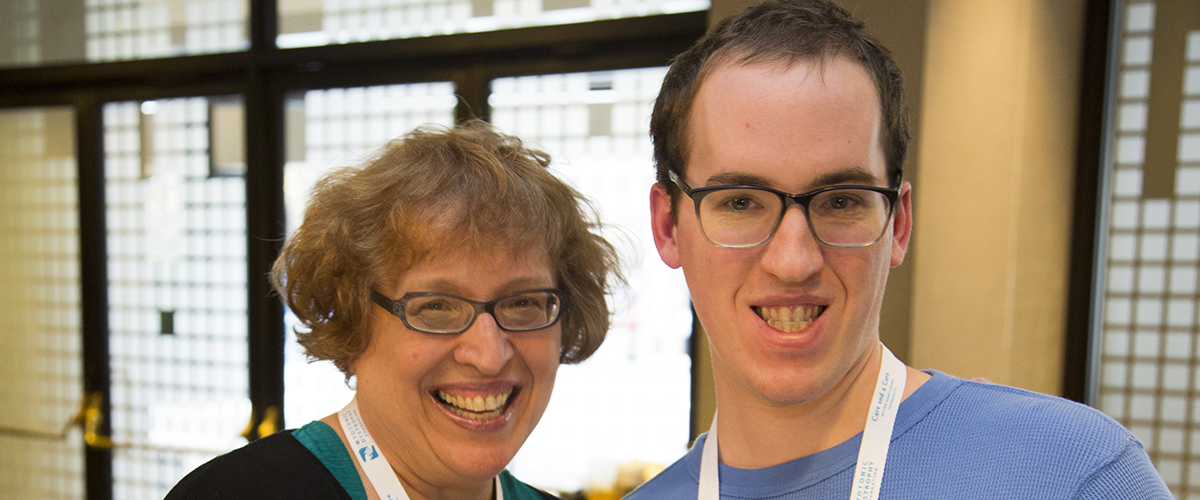Clinical trials are a critical part of the search for promising treatments for myotonic dystrophy. Your participation in clinical trials and other research studies is invaluable; we won’t learn important information about the disease and advance the search for effective therapies without you. That said, being a smart trial or study participant is a major responsibility, so we have partnered with the leaders of current clinical trials and research studies to give you the best information about successful participation.
Clinical Trials: the Do’s and Don’ts of Digital Communication
When you join a clinical trial, you become part of a community of scientists and fellow participants who agree to protect and promote the accuracy and reliability of the data collected. While it is usually appropriate to confidentially tell your immediate family and friends that you are a participant, it is important that you avoid sharing details about your participation online, including on Facebook or in any other social media or online forums.
Why? Because these online comments can distort the results of the study and essentially cause the trial to fail.
Whether positive or negative, what you post can influence how other people perceive or report their own symptoms, making it hard to tell whether a given drug is working. If the study is blinded (meaning neither you nor the clinical trial site team know whether you are on an active drug or a placebo), some patients may be taking a placebo. Information you share could lead them to report symptoms that they are not actually experiencing. Any of these communications could sway the trial results.
In addition, comments you make online can sometimes be misinterpreted by the public, journalists and others.
Tips for Getting It Right
Do:
- Do discuss your experience confidentially with your family and other people who are close to you.
- Do talk with your family doctor and other healthcare providers. It’s important to let them know that you are in a clinical trial.
- Do ask your clinical trial team to provide guidance about where to obtain reliable educational material online.
- Do keep a journal or take notes on your cell phone so you can make a list of things to talk about with your clinical trial doctor and study team at your clinical trial.
Don’t:
- Don’t talk publicly, including online, about your participation in a clinical trial.
- Don’t post about your experience in the trial, including about side effects or about how you think the drug is working.
- Don’t solicit trial advice or information from online friends or people other than the clinical coordinator or primary investigator at your clinical trial site.
- Don’t respond to questions or comments online related to the trial you’re involved in. If you do see trial posts online, please tell MDF or your trial site.
- Don’t share or take anonymous advice from “experts” online.
The need for confidentiality during clinical trials is a critical issue for our community. Help spread the word by posting these tips on Facebook and elsewhere. If you see misinformation in online forums, groups or group discussions, point people to verified, accurate information provided in places such as MDF's Study & Trial Resource Center.
Thank you! You are helping change the face and future of this disease. You are an essential part of Care and a Cure for DM.
Questions?
Contact MDF at 415-800-7777 or at info@myotonic.org.

